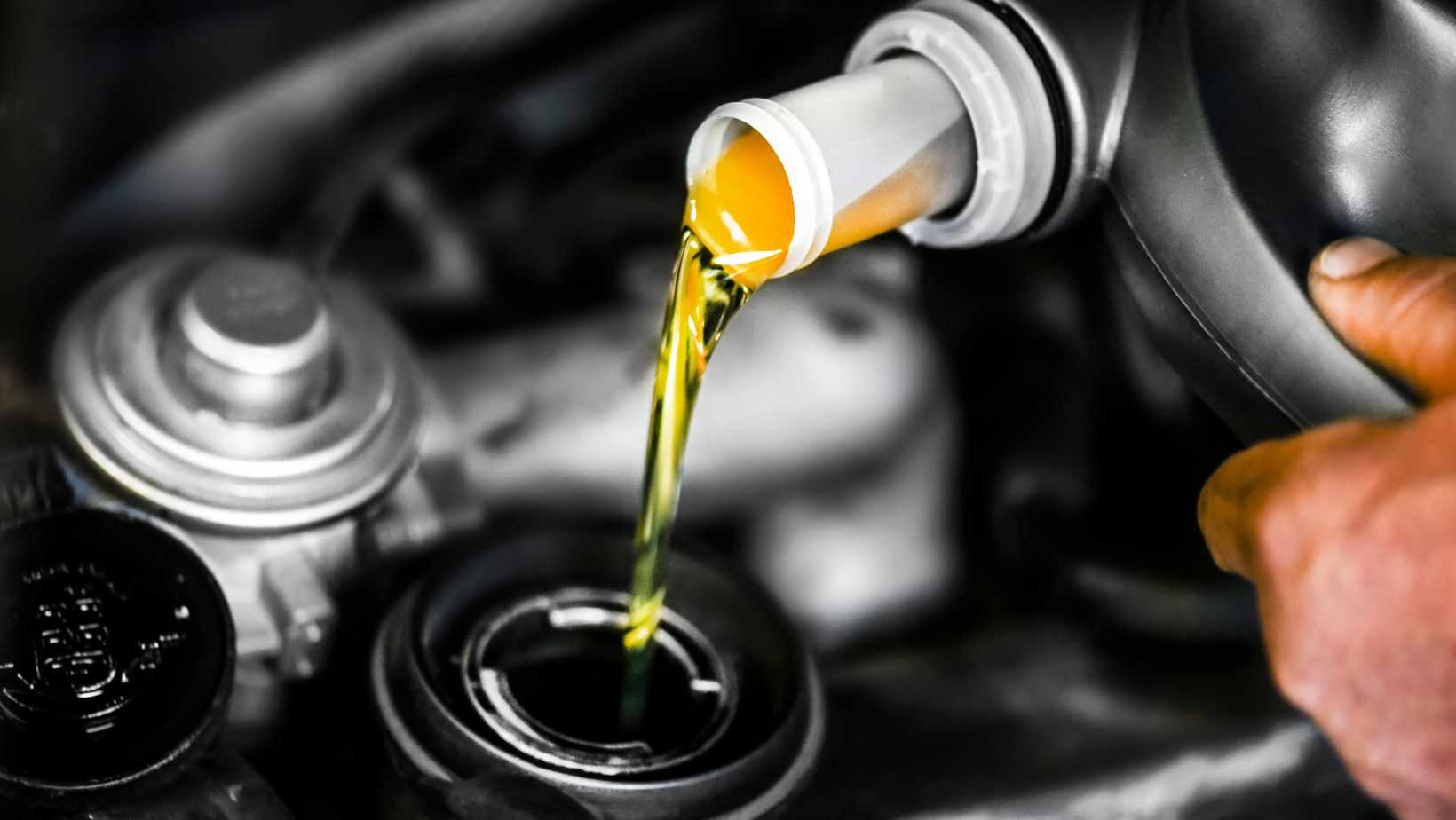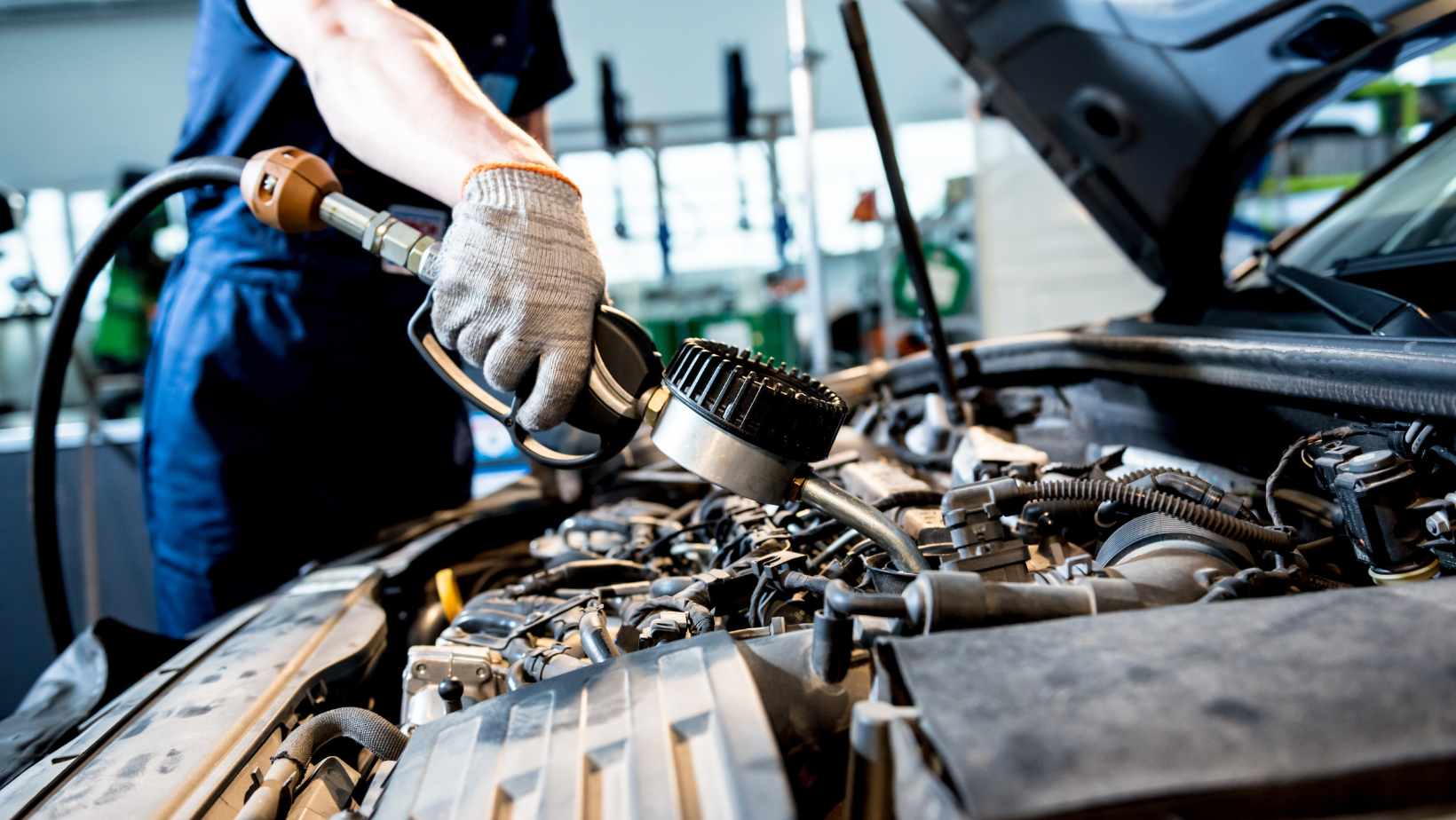Dealing with a car that is burning oil can be quite frustrating, not to mention the potential repair costs involved. When your vehicle starts guzzling oil and emitting visible smoke from the exhaust, it’s essential to address the issue promptly before it leads to more significant problems down the road.
The cost of repairing a car that is burning oil can vary depending on several factors. The extent of the damage, the make and model of your vehicle, and the labor rates in your area all play a role in determining the overall repair costs. In some cases, simple fixes such as replacing worn-out gaskets or seals may be sufficient to resolve the issue.
Car Burning Oil Repair Cost
When it comes to cars burning oil, there can be several factors at play. Let’s explore some of the common causes:
- Worn Piston Rings: Over time, the piston rings in an engine can wear out or become damaged. These rings are responsible for creating a seal between the piston and cylinder walls, preventing oil from entering the combustion chamber. When the rings wear down, oil can seep into the combustion chamber and burn along with fuel, leading to oil consumption.
- Valve Seal Leaks: The valve seals play an important role in keeping oil from leaking into the combustion chamber through the valves. If these seals deteriorate or become worn out, they may allow oil to enter where it shouldn’t be, resulting in oil burning.
- PCV System Issues: The Positive Crankcase Ventilation (PCV) system is designed to recycle gases from inside the engine back into the intake manifold. However, if this system malfunctions or becomes clogged, excessive pressure can build up within the engine and cause oil to escape into places it shouldn’t be.
Potential Repairs And Costs For Oil Burning Issues
Repairing oil burning issues can vary depending on the severity of the problem and the specific components that need attention. Here are some potential repairs and associated costs:
- Piston Ring Replacement: If worn piston rings are causing oil consumption, replacing them can be a solution. The cost for this repair typically ranges from $500 to $2000, depending on the make and model of your vehicle.
- Valve Seal Replacement: Repairing or replacing faulty valve seals may help prevent oil from leaking into the combustion chamber. The average cost for this repair is around $300 to $800, depending on labor charges and parts required.
- PCV System Cleaning or Replacement: In cases where a malfunctioning PCV system is causing oil burning, cleaning or replacing this component may be necessary. This repair can range from $100 to $400, depending on labor costs and any additional parts needed.
It’s important to note that these cost estimates are approximate and can vary based on various factors such as location, car make/model, labor rates, and additional repairs required.

Signs That Your Car Is Burning Oil
If you’ve noticed a sudden increase in the frequency of oil top-ups or a thick bluish-grey smoke coming from your car’s exhaust, it’s possible that your car is burning oil. Understanding the signs of oil burning can help you diagnose and address the issue before it leads to more significant problems. Here are some common indicators that your car may be burning oil:
- Excessive Oil Consumption: One of the most obvious signs of oil burning is having to add oil to your engine more frequently than usual. If you find yourself having to top up your oil between regular maintenance intervals, it could be an indication that your car is burning oil.
- Blue Smoke from Exhaust: When excessive amounts of oil are being burned in the combustion chamber, it can result in blue or bluish-grey smoke emanating from the tailpipe. This smoke may appear more prominently when starting the engine or accelerating quickly.
- Fouled Spark Plugs: Burning excessive amounts of oil can cause fouling on spark plugs, leading to misfires and poor engine performance. If you notice a decrease in fuel efficiency or experience rough idling, it could be due to fouled spark plugs caused by oil burning.
- Increased Emissions: Another sign to watch out for is an increase in emissions during vehicle inspections or emissions testing. The presence of unburnt hydrocarbons in the exhaust gases can indicate that your car is burning excessive amounts of oil.
If you notice any of these signs, it’s important to have your vehicle inspected by a qualified mechanic. They can diagnose the root cause of the oil burning and provide you with an estimate for the necessary repairs. Remember that addressing the issue promptly can help prevent further damage to your engine and potentially save you from costly repairs down the road.







































